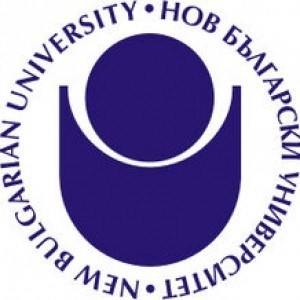Photos of university / #uniofyork
Advertisement
What is Cognitive Neuroscience?
* Cognitive neuroscience aims to explain cognitive processes and behaviour in terms of their underlying brain mechanisms.
* It is a truly interdisciplinary subject which developed through collaborations between cognitive psychology, neuroscience, neurology, computer science and philosophy.
* Practitioners take the view that knowledge about the fundamental mechanisms of the nervous system can lead to a deeper understanding of complex mental functions such as memory, language, emotion, perception, attention and consciousness.
* While modern psychology focuses on understanding the structure of the mind through behavioural experiments, parallel advances in basic neuroscience have centred mainly on cellular and molecular mechanisms of the brain.
* Over the last quarter of a century, progress in both areas has led to an increasing overlap between these fields, and the emergence of functional neuroimaging techniques has helped to fuel the growth of a new discipline in which data from neuroscience informs psychological theories and vice versa.
* Increasingly psychologists and neuroscientists are asking the same kinds of question. To put it simply: how does the brain think?
This Masters programme is provided jointly by the Department of Psychology and York NeuroImaging Centre The Centre contains a 3T MRI machine, a whole-head MEG device and high density EEG recording capabilities.
The course has been developed around training and research in the use of modern methods for studying the human brain using non-invasive imaging techniques. These techniques are all supported by access to high performance, state-of-the art computing facilities. Special-purpose modules are focussed on how non-invasive imaging has contributed to scientific advances in both Psychology and Neuroscience. The course includes hands-on experience in techniques such as fMRI and MEG and instruction will be provided by dedicated imaging staff in the NeuroImaging Centre working closely with psychologists. MSc students will be encouraged to use the dedicated facilities in research projects and the open-access training and analysis suite will be available to all students on the course.
* Specialist Modules place neuroimaging in the wider context of cognitive neuroscientific research and introduce students to the principles of neuroimaging the design of neuroimaging experiments and specialist methods required for the analysis of neuroimaging data.
* Empirical Project enables students to participate in the design and implementation of a theoretically-motivated piece of pure or applied research in cognitive neuroscience providing hands-on training in advanced brain imaging methods. Topics are chosen so as to be timely and practicable within the relevant resource and time constraints. We regard it as important that the topic not only engages the interest and enthusiasm of the student, but is also a good match to the specialist expertise and knowledge of the supervisor.
* General Research Modules provide a solid grounding in contemporary issues in psychology and neuroscience, psychological research methods, professional and generic skills.
Want to improve your English level for admission?
Prepare for the program requirements with English Online by the British Council.
- ✔️ Flexible study schedule
- ✔️ Experienced teachers
- ✔️ Certificate upon completion
📘 Recommended for students with an IELTS level of 6.0 or below.











